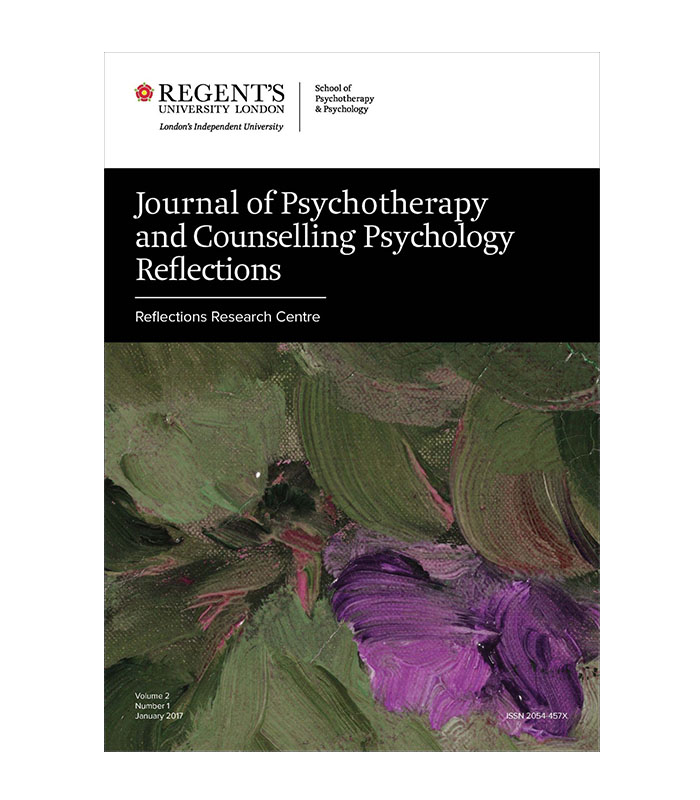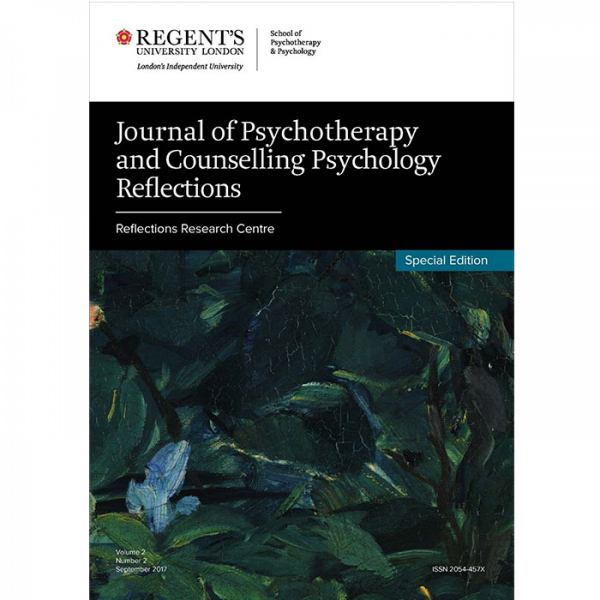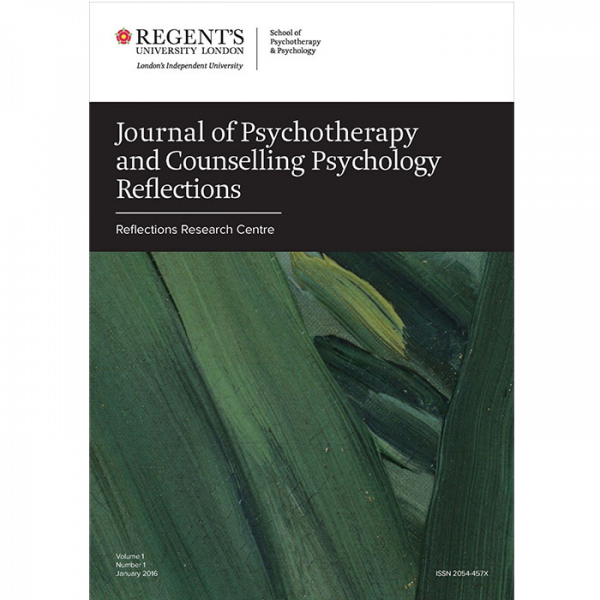Editorial Board
Editor: Maria Luca
Managing Editor: Helen Cowie
Book Reviews and Series Editor: Jane Wynn Owen
Editorial Assistant: Shirley Paul
EDITORIAL BOARD
Marie Adams, Metanoia Institute, London, UK
Meg-John Barker, Open University, London, UK
Michael Berry, McGill University Health Centre, Montreal, QC, Canada
James Davies, University of Roehampton, UK
Lisa Doodson, Regent’s University London, UK
Stelios Gkouskos, University of East London, UK
Ralph Goldstein, British Psychological Society’s Register of Psychologists specialising in Psychotherapy [with senior status], UK
Brett Kahr, Tavistock Relationships, Tavistock Institute of Medical Psychology and Regent’s University London, UK
Elaine Kasket, Regent’s University London, UK
Desa Markovic, Regent’s University London, UK
Martin Milton, Regent’s University London, UK
Lyndsey Moon, University of Roehampton, UK
Terence Nice, University of Kent and Regent’s University London, UK
Christina Richards, Tavistock and Portman NHS Foundation Trust, London, UK
Michael Worrell, Central and North West London NHS Foundation Trust, UK
INTERNATIONAL EDITORIAL ADVISORY BOARD
Geoff Denham, Castlemaine Hospital, VIC, Australia
Andrew Geeves, Macquarie University, Sydney, Australia
Theodoros Giovazolias, University of Crete, Greece
Dennis Greenwood, University of Brighton, UK
Martin Lečbych, Palacký University, Olomouc, Czech Republic
John Nuttall, Regent’s University London, UK
Andrea Sabbadini, British Psychoanalytical Society, London, UK
Carla Willig, City, University of London, London, UK



